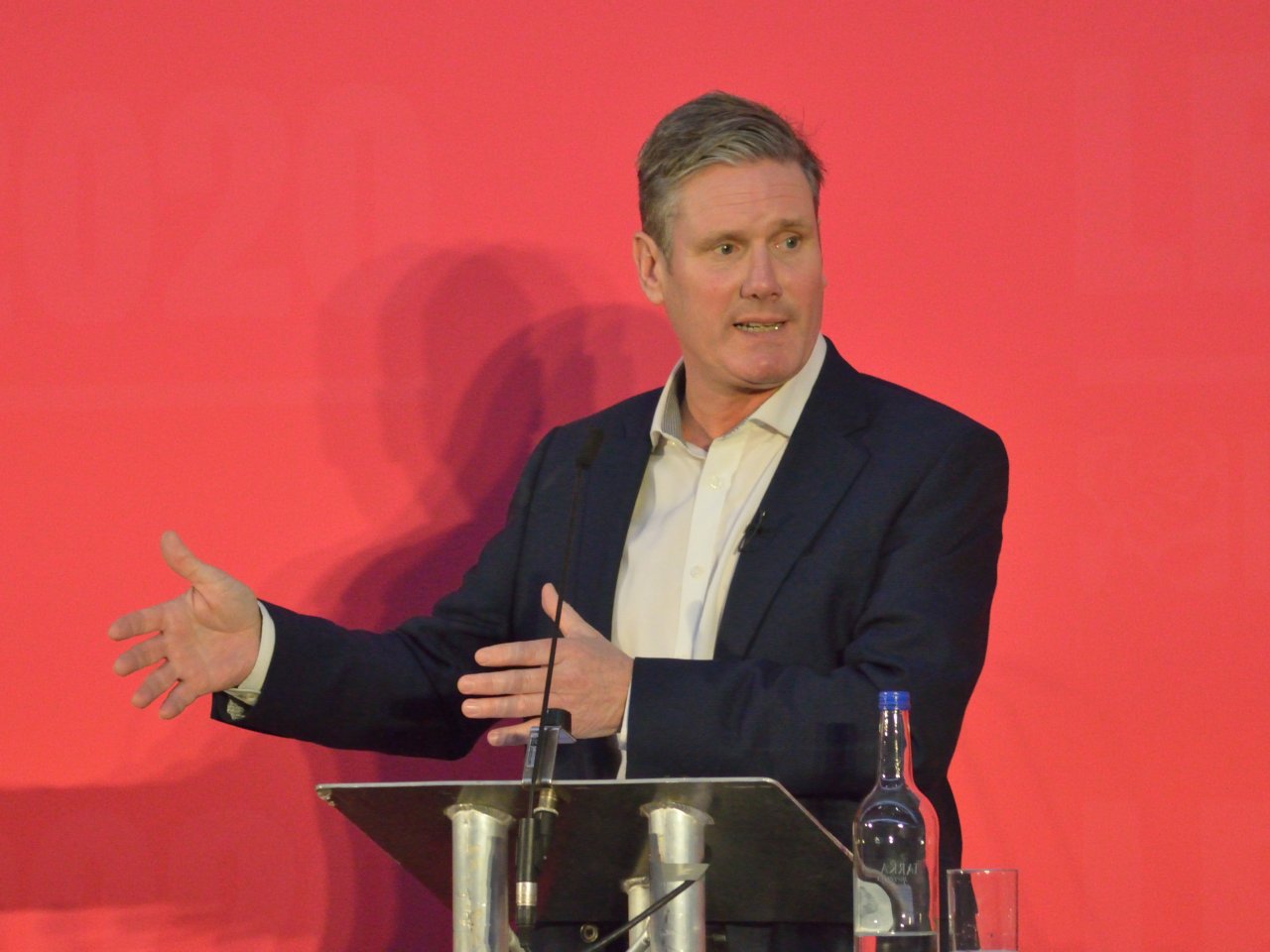Services tailored to you...
With over five decades’ experience serving a diverse range of clients in the South West, we possess an unbeatable depth of knowledge across a wide range of industry sectors.
Our specialist partners and teams can provide expert advice on everything from farming and agriculture, to military tax allowances. We’re here to help you make the most of your planning opportunities so that you can grow with confidence.
Now that the counting is over, we have a Labour government. We have all been expecting this for months, or maybe longer, but now Keir Starmer is our Prime Minister and Rachel Reeves is the new Chancellor - this blog considers what this means for our clients and others like them.
During the election, and within their manifesto, Labour has used precise wording when announcing their tax plans. They have pledged not to raise income tax, National Insurance, or VAT for working people. We expect prospective governments to give themselves wriggle room to raise revenue. The Institute for Fiscal Studies (IFS) has suggested there was a pre-election conspiracy of silence between Labour and Conservatives regarding the need to increase taxes. Let’s examine where a Labour government might seek to obtain the funds to fund spending and control borrowing.
A pledge not to increase income taxes on working people may just mean the headline rates. The previous Conservative government planned to freeze the personal allowance and the various tax bands. The effects of fiscal drag will bring in larger sums over time if the bands are not increased with inflation. Labour has not pledged to increase the bands. It might also be reasonable to assume that Labour considers the income tax rate on dividends to be outside of their pledge. Technically, dividends are considered ‘unearned income’ although many small business owners will extract profits from their companies primarily via dividends rather than salary. Labour has indicated they will not increase corporation tax rates, which will be a relief to our clients who operate using a limited company structure. However, Labour might choose to increase the income tax rates on dividends – let’s see.
Capital Gains Tax (CGT) could be a source of revenue too. Labour has previously hinted at aligning CGT rates more closely with income tax rates or reducing the annual exemption amount. These changes could significantly impact clients considering the sale of assets or businesses. Higher CGT rates could lead to increased tax liabilities on the sale of investments, property, or business assets, necessitating careful planning to mitigate the impact.
Another area to watch is inheritance tax (IHT). While no specific increases are detailed, Labour have expressed a desire to make the tax system fairer. This could include lowering the threshold at which IHT becomes payable or increasing rates on larger estates. Clients with substantial assets might need to consider estate planning strategies to minimise potential IHT liabilities.
Overall, while Labour has pledged to protect working people from direct tax increases, there remain areas where adjustments and reforms could lead to increased revenues. It will be key for our clients to stay informed and prepared for these potential changes. The new government's policies will require strategic planning to optimise tax efficiency and navigate these changes effectively.
If you have any concerns or questions about these potential changes, or if you need assistance with any tax planning matters, please do not hesitate to get in touch with us. We are here to help you navigate the complex and evolving tax landscape.
